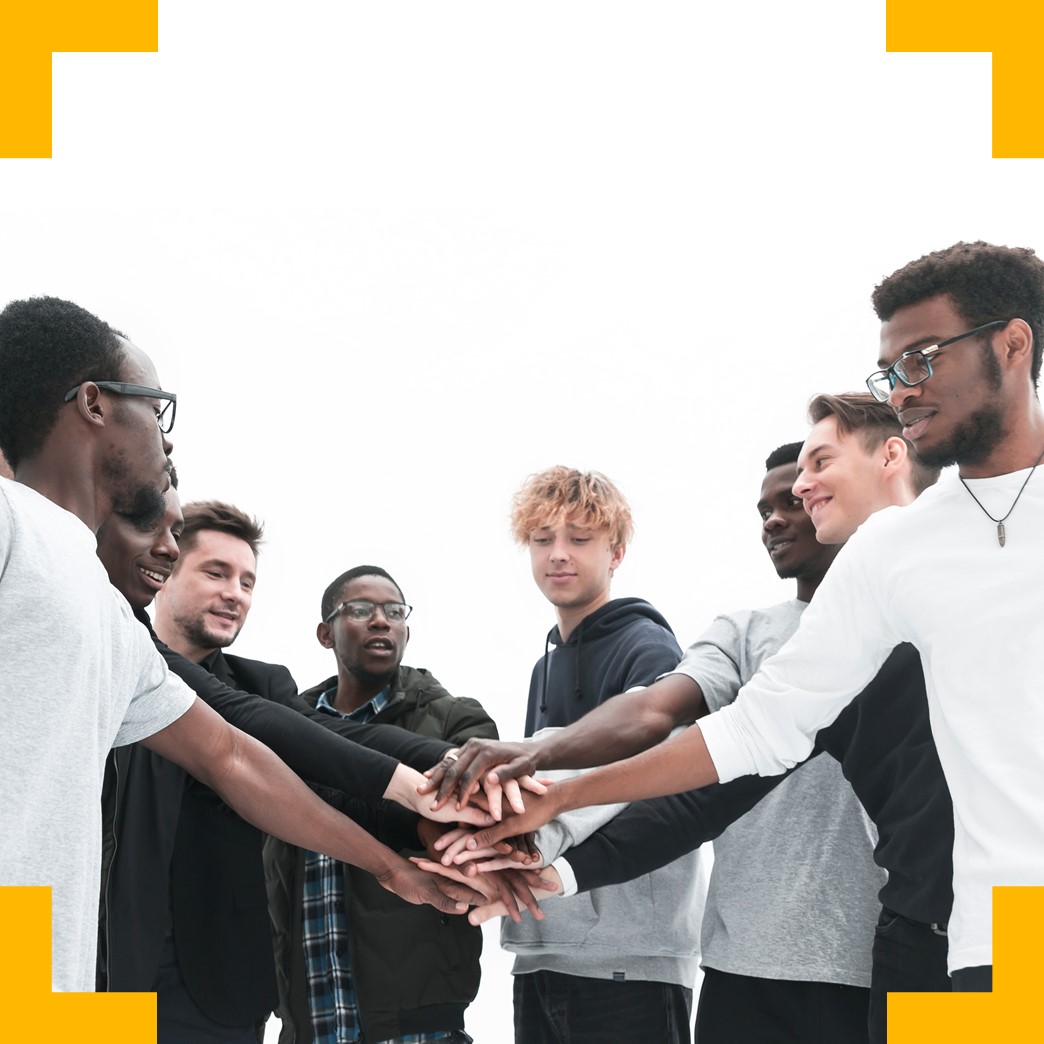Boys at the Crossroads: Insights and Innovations for Doing Masculinity Differently
Recent social movements have catapulted the issue harmful masculinities into the forefront of public consciousness. Men also experience violence, yet this is overwhelmingly perpetrated by other men. This research seeks to form a network of practitioners, artists and academics to talk about boys, men and masculinity.

Recent social movements #metoo, #timesup and #everyonesinvited, have catapulted the issue of men’s violence and harmful masculinities into the forefront of public consciousness. In the UK men’s violence is the biggest single health risk facing women and girls while male suicide is the biggest killer of men under 40. Of course men also experience violence, including sexual harms, yet this is overwhelmingly perpetrated by other men. To address this, interventions with men abound, but there has been little sharing, reflection or networking around what’s working (or not), why and what’s next. To live well, to live together, in the 21st century, we need to talk about boys, men and masculinity.
What did the project involve?
Historically, those working on men’s mental health and those working to end gender-based violence have tended to work in quite separate spheres. This team sought to develop a network and event that would bridge that divide and inspire and enable new ways of working, thinking and being, interlinking the separate approaches. This was a UK wide network of academics, practitioners and activists working with boys and young men around masculinity, mental health and men’s violence against women and marginalised genders. The aim of the network was to foster conversation and share insights across these otherwise disparate terrains in order to enable innovative research and collaborations.
The research team created a multidisciplinary conference on the topic of young men and masculinity straddling the terrains of young men’s mental health and engaging men and boys in gender-based violence prevention. They created a space to share, showcase, theorise and troubleshoot innovative practice and thinking and enable novel collaborations. Recognising the tendency for interventions with men and boys to centre white able-bodied heterosexual masculinities, the event took an intersectional approach, inviting and privileging contributions from individuals and organisations working with young men of colour, around LGBTQ+ masculinities, and the intersections of masculinity and disability justice.
Who are the team and what do they bring?
- Bristol Young Mens’ Network – an emergent affiliation of practitioners and academics working across the dual terrains of men’s mental health and working with men to end gender-based violence.
- Nathan Eisenstadt (Bristol Medical School, University of Bristol) is a specialist of domestic violence perpetrator group intervention who conducts research and practice on prevention and response to gender-based violence with a particular focus on work with men and boys, sustainable behaviour change, bystander intervention and transformative justice.
- Martin White (Office for Health Improvement and Disparities) works in the department that focuses on improving the nation’s health so that everyone can expect to live more of life in good health, and on levelling up health disparities to break the link between background and prospects for a healthy life.
- Rachel Potter (Kooth – a young people’s online mental wellbeing community) is a member of Kooth a team to provide free, safe and anonymous online support and counselling.
- Tom Antebi (Off The Record Bristol) is a member of OTR, a mental health social movement by and for young people aged 11-25 living in Bristol and South Gloucestershire.
- Alex Greenwood (‘Teaching Individuals Gender Equality & Respect’ – TIGER) is a member of TIGER, a Bristol based not-for-profit co-operative which runs workshops on key gender equality issues such as sexist language, stereotypes, bullying, consent, lad culture and the limited portrayals of gender in the media.
What were the results?
Nathan Eisenstadt discussed on BBC Radio Bristol the conference he was planning at the University focusing on masculinity and the pressures on boys and young men. This conference was held on Friday the 14th of October 2022. A brief description of the event was given as follows:
“So what’s up, what’s good and what’s next for men, boys and masculinity? How do we end male violence and challenge the harmful masculine norms and cultures that harm people of all genders? Should masculinity be re-done, undone, left alone or sidestepped entirely?
In the last few years, initiatives, trainings, research and interventions with boys and young men have proliferated. This multidisciplinary, conference-event will be a space to share, showcase, troubleshoot and reflect on the inspiring work and research that’s going on in this area and offer a space to meet, network and connect with people engaged in this crucial work.”
The team published an online programme for the day, showing the range of talks, workshops, and including bios of invited speakers.

